Benign prostatic hyperplasia (BPH), commonly known as an enlarged prostate, is a condition that affects many men as they age. It can lead to uncomfortable urinary symptoms, such as blocking the flow of urine out of the bladder. Alongside conventional medical treatments, many men turn to enlarged prostate relief supplements as a potential remedy. But do these supplements actually help? Let’s delve into the evidence.
Understanding BPH
Before exploring the role of supplements, it’s crucial to understand what BPH is. The prostate gland, which is about the size of a walnut, grows throughout a man's life. As it enlarges, it can press against the urethra and cause bladder and urination issues. Symptoms often include difficulty starting urination, weak urine stream, frequent urination, especially at night, and a feeling of incomplete bladder emptying.
Conventional Treatments for BPH
Treating benign prostatic hyperplasia (BPH) effectively often involves a combination of medication, minimally invasive therapies, or surgery tailored to the severity of the symptoms and the individual's health profile.
Medications
Medications are often the first line of defense against BPH. Alpha-blockers like tamsulosin and alfuzosin work by relaxing the muscles in the prostate and bladder neck to ease urine flow. However, while they provide quick relief, they don't reduce the size of the prostate and can cause side effects such as dizziness and fatigue.
Another class of drugs, 5-alpha reductase inhibitors (including finasteride and dutasteride), target the hormone that causes prostate growth. These are effective for men with larger prostates and work by gradually shrinking the prostate. They are slower to take effect and can have sexual side effects.
In some cases, a combination of these medications is prescribed, especially for men with more severe symptoms. Additionally, phosphodiesterase-5 inhibitors like tadalafil are also emerging as a treatment option, known for their dual role in treating both erectile dysfunction and BPH symptoms.
Minimally Invasive Therapies
When medication is insufficient, minimally invasive therapies offer an alternative. Transurethral Microwave Thermotherapy (TUMT) and Transurethral Needle Ablation (TUNA) are outpatient procedures that use microwave or radio waves, respectively, to reduce prostate tissue. Laser therapy is another option, using high-energy lasers to either remove or shrink prostate tissue, with a lower risk of bleeding compared to traditional surgery.
Surgical Options
Surgery is reserved for men with severe BPH symptoms or complications. The most common surgical procedure is Transurethral Resection of the Prostate (TURP), involving the removal of prostate tissue through the urethra. While effective, it requires hospitalization and carries risks like bleeding and infection. In cases of a very large prostate, an open prostatectomy, which involves an incision to remove the prostate tissue, may be necessary.
Dietary Supplements for BPH
Saw Palmetto
One of the most widely known supplements for BPH is saw palmetto. Derived from the fruit of the Serenoa repens tree, it’s thought to help with urinary symptoms associated with an enlarged prostate.
Beta-Sitosterol
This plant sterol is found in fruits, vegetables, nuts, and seeds and is known for its ability to improve urinary symptoms of BPH. Beta-sitosterol seems to help improve urine flow and reduce the amount of urine left in the bladder after urination. However, it does not appear to reduce the size of the prostate.
Pygeum
Pygeum, derived from the bark of the African plum tree, has been used for centuries in traditional medicine for urinary problems. Some studies indicate that it can reduce symptoms of BPH, such as nighttime urination and urinary frequency.
Stinging Nettle
Often used in combination with other supplements like saw palmetto, stinging nettle may help relieve BPH symptoms. Research has suggested that some hydrophobic constituents, such as steroids in the stinging nettle roots, inhibit the membrane ATPase activity of the prostate, which may subsequently suppress prostate-cell metabolism and growth.
Pumpkin Seeds
Rich in zinc, which is essential for prostate health, pumpkin seeds are believed to help with BPH symptoms. They might help strengthen bladder function and reduce symptoms.
Safety and Efficacy Concerns
While these supplements are generally considered safe, they can interact with medications and may have side effects. For instance, saw palmetto may cause mild stomach discomfort and shouldn’t be used with blood thinners. It’s essential to consult with a healthcare provider before starting any supplement, especially for those with health conditions or who are taking other medications.
The Role of Lifestyle Changes
In addition to considering supplements, lifestyle changes can significantly impact prostate health. These include:
- Diet: Eating a balanced diet rich in fruits, vegetables, and healthy fats can be beneficial.
- Exercise: Regular physical activity can help maintain a healthy weight, which is important since obesity can worsen BPH symptoms.
- Limiting fluid intake at night: Reducing fluid consumption in the evening can decrease nighttime urination.
- Reducing caffeine and alcohol: These can aggravate symptoms by increasing urine production or irritating the bladder.
Future Directions in BPH Treatment
In conclusion, while some supplements may offer benefits for men with BPH, their effectiveness varies, and scientific evidence is often mixed. It’s vital to approach these remedies with caution and always in consultation with a healthcare provider. Remember, supplements should not replace conventional treatments but can be considered as part of a broader approach to managing BPH, which includes medication, lifestyle changes, and possibly surgery.
Phytage Laboratories stands out with our innovative product, Prostate 911. This unique supplement is crafted to support those dealing with BPH, offering a blend of natural ingredients known for their benefits to prostate health. Prostate 911 is designed not just to alleviate symptoms but also to enhance overall prostate function. For men seeking a complementary approach to their BPH management plan, Prostate 911 by Phytage Laboratories represents a promising option. Ready to learn more? Contact us today.

 Cart
Cart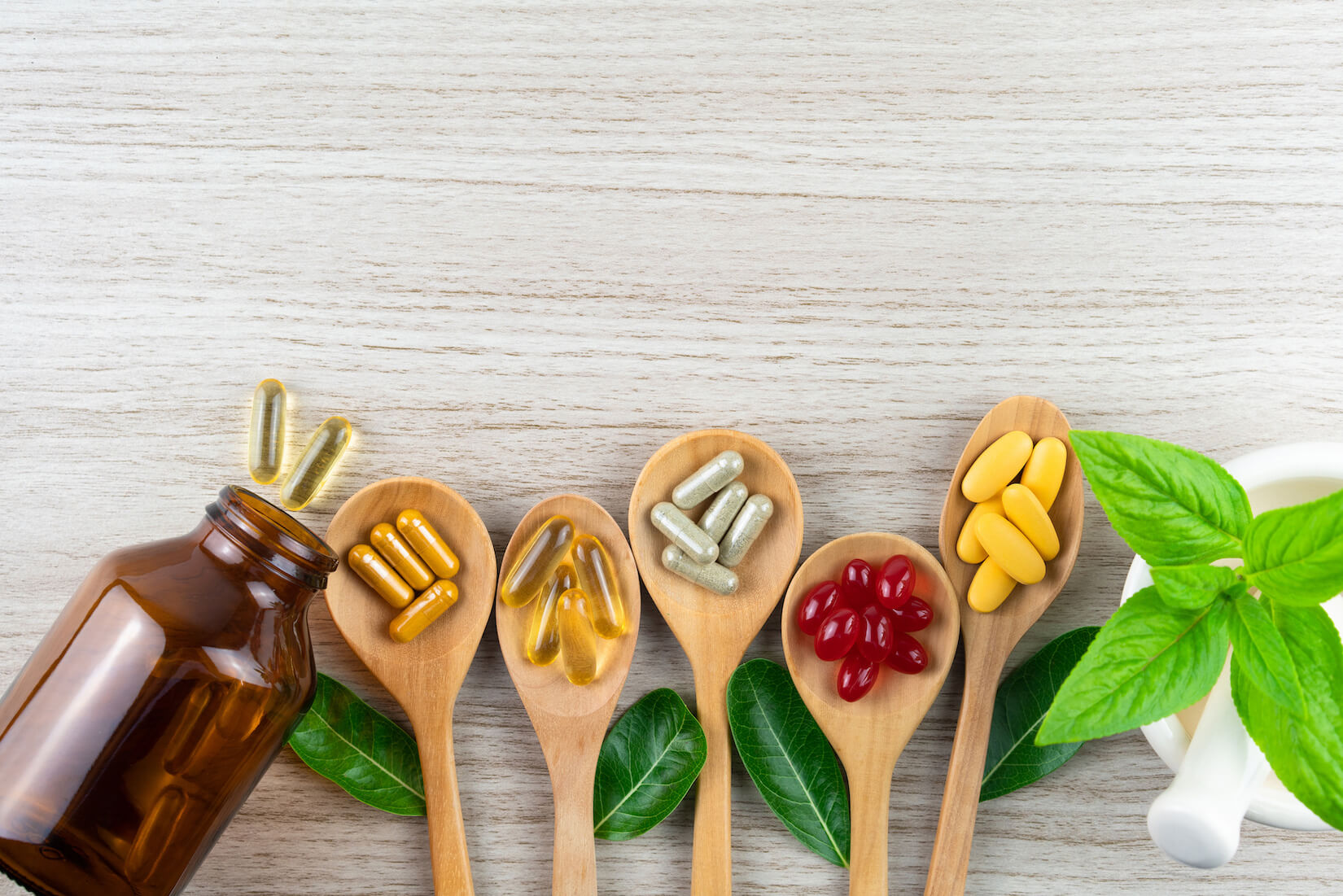


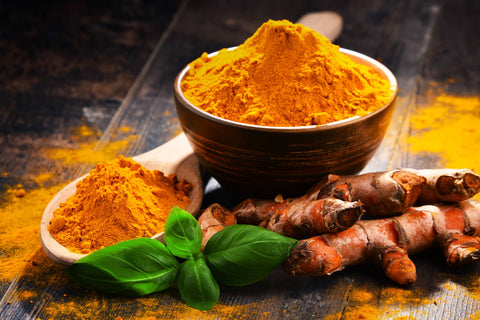
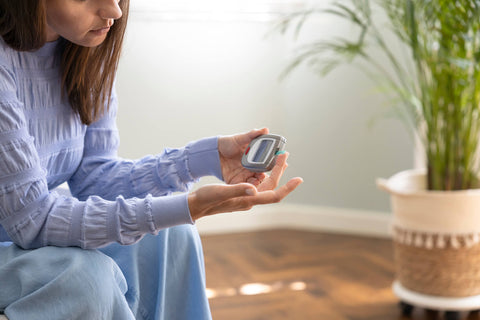
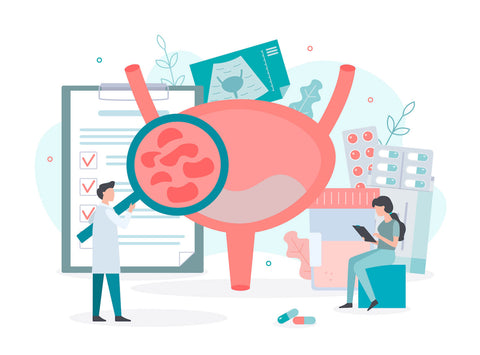



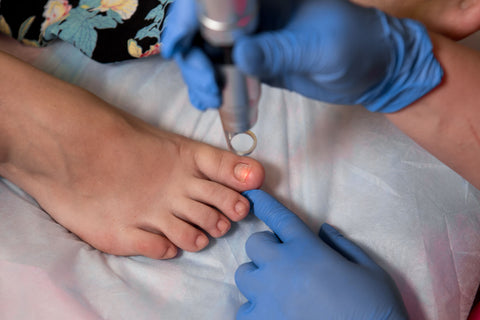
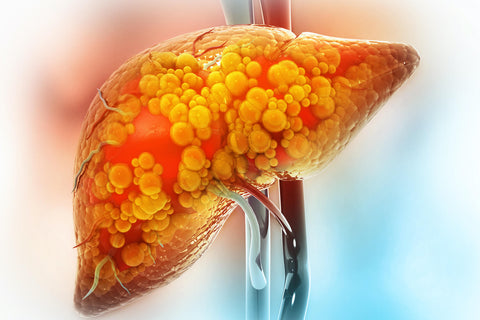


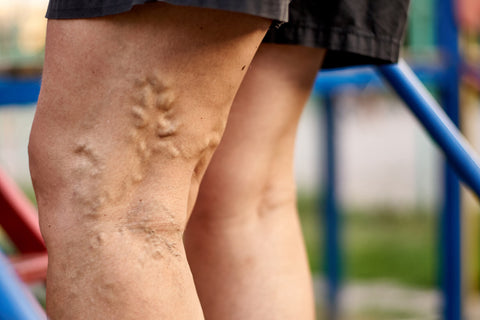


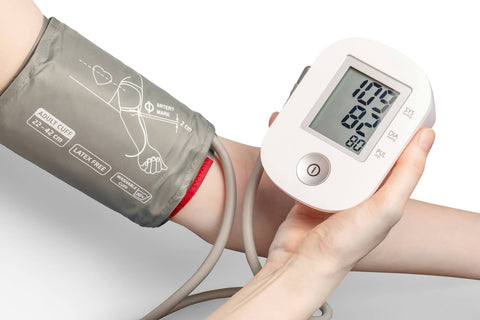

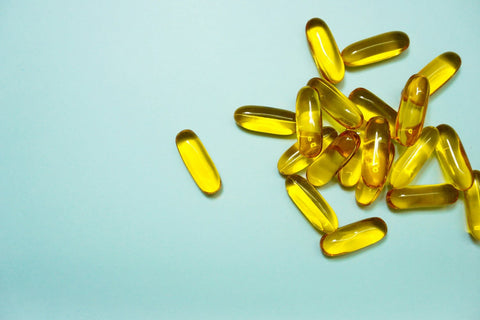
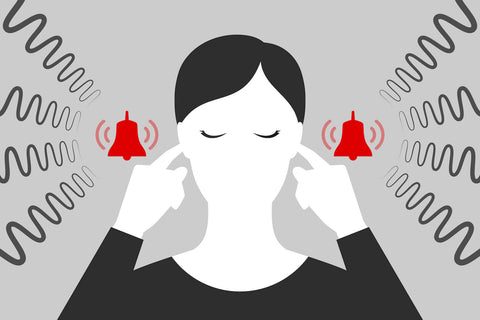


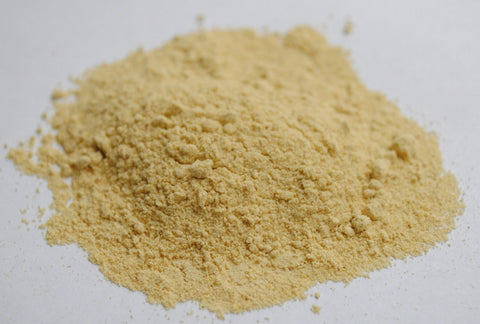
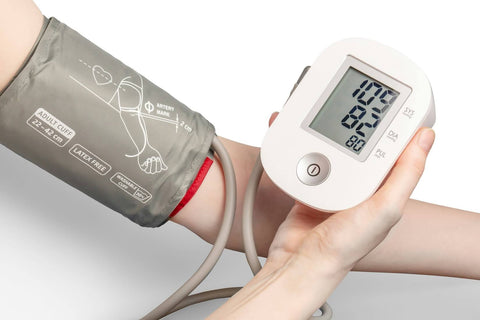
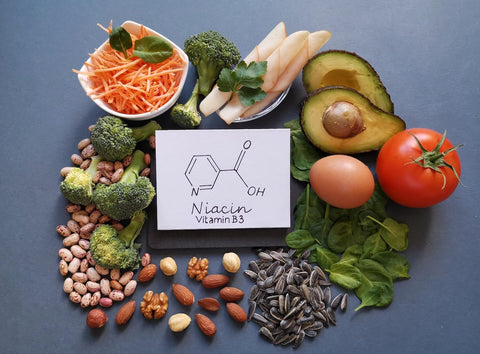
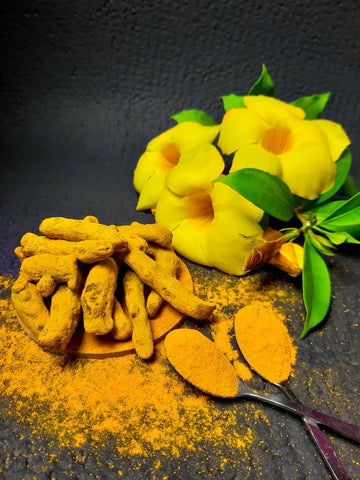
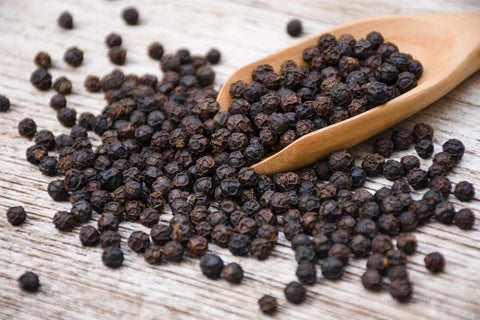
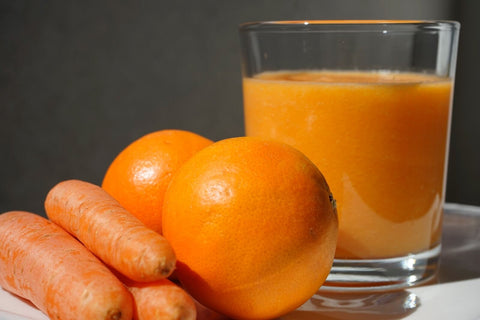
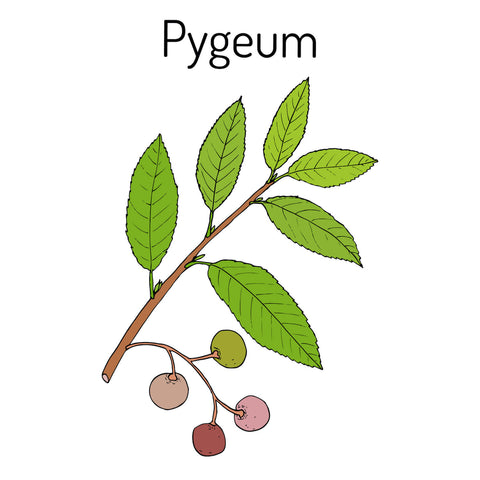
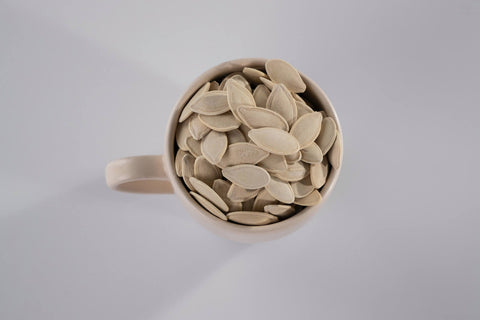

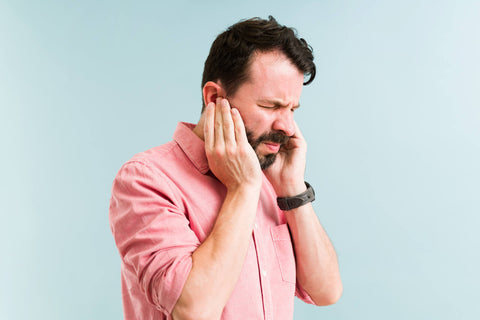


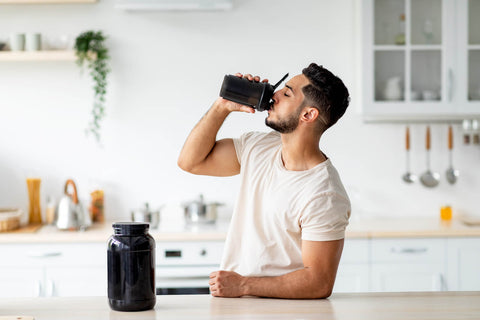


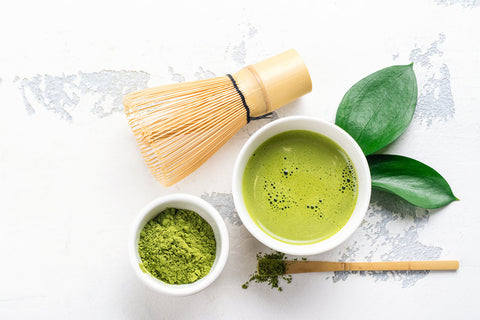














 1-800-822-5753
1-800-822-5753
